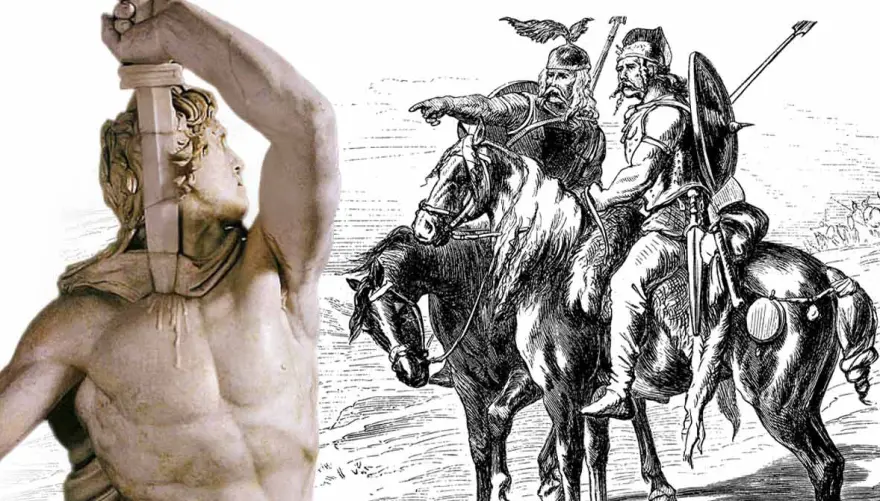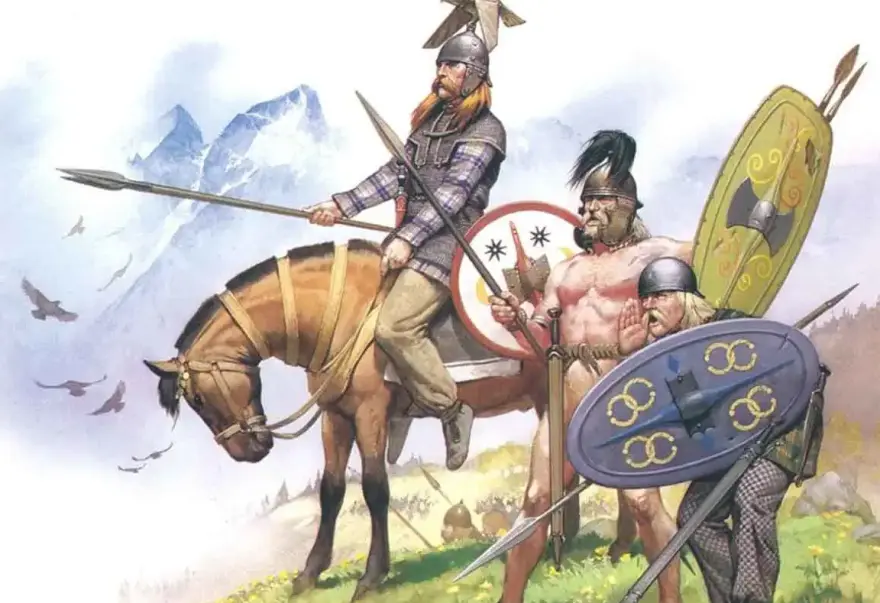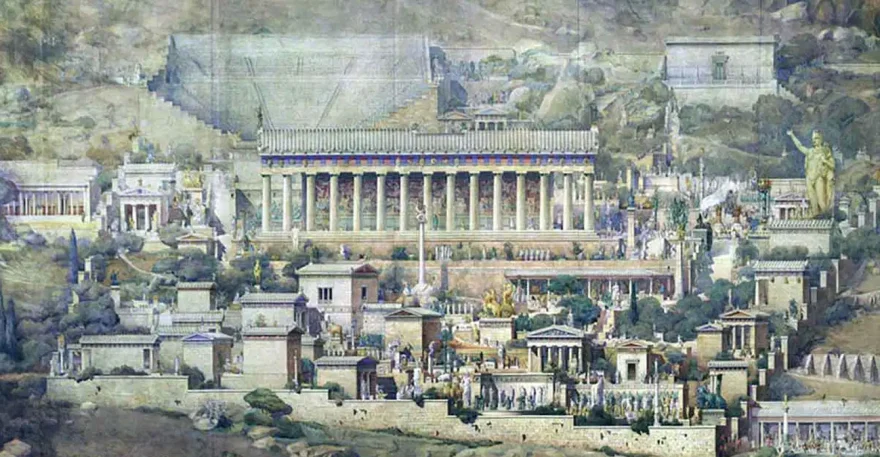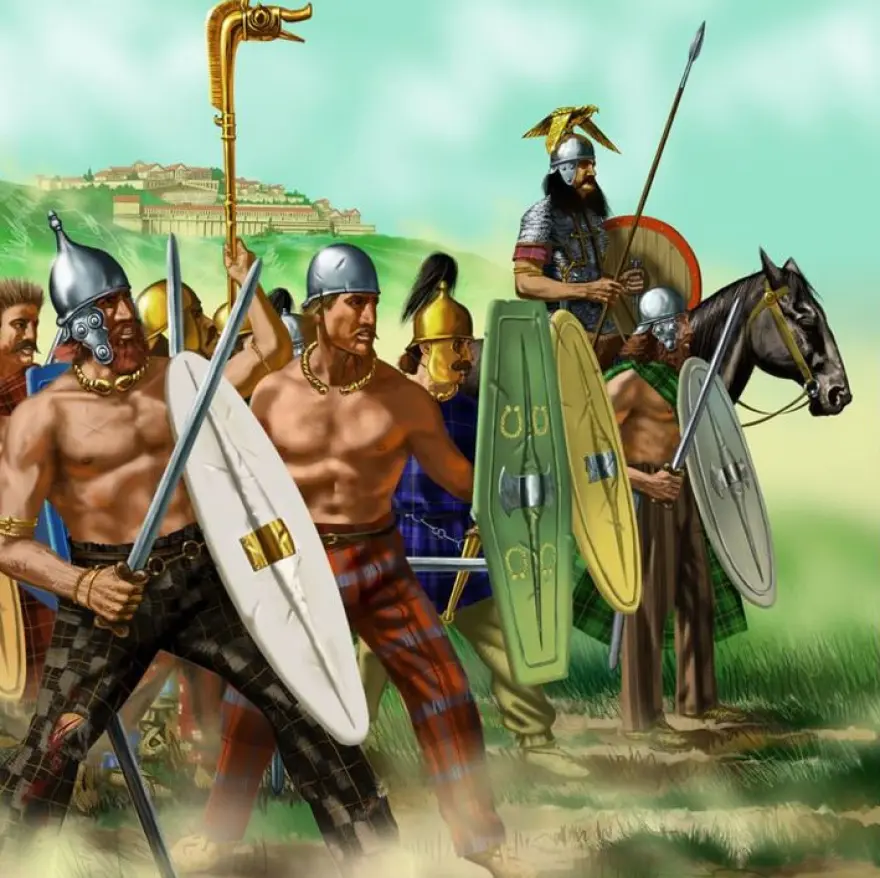In 279 BC, the Gauls, led by Brennus, instigated a significant invasion of Greece with the intention to settle in the area. Following intense conflicts in Phthiotis and Delphi, they pushed deeper into central Greece. Pausanias recounts that after suffering defeats at the hands of the Greeks, the Gauls sought to return home. Brennus envisioned a renewed assault on Greece, spurred by the lure of the wealth housed in Greek treasuries and sacred offerings. He amassed an enormous force, enlisting soldiers from various Greek regions including Aetolia, Boeotia, Phocis, and Athens, totaling approximately 27,000, along with additional support from allies like Antiochus of Syria and Antigonus Gonatas.


As the Gauls retreated, they passed through Kokkalia, situated on the boundary between Aetolia and Evrytania. Infuriated by the barbarity displayed in Callicio, where the Gauls had massacred men, women, and children, the local Greek forces from Aetolia and Eurytania launched a surprise attack. The defenders, comprised of local citizens, valiantly confronted the Gauls, who were minimally equipped with shields. Despite their ferocity, the Gauls faced a devastating defeat, sustaining heavy losses—reports estimate around 6,000 killed in battle, with many more succumbing to panic and starvation in the aftermath.

This victory was crucial in thwarting the Gauls’ attempt to establish a foothold in Greece. The surviving Gauls, under leaders like Kometorius, retreated to Thrace, where they ultimately settled and founded what is now known as Galatia in Asia Minor. The battle of Kokkalia is honored as one of the most pivotal moments in Greek history, representing the Greek spirit of resistance against barbarian invasions. A monument at the site today commemorates those who fought and died in 279 BC.

References for this event include Pausanias’ “Hellados Periegesis,” Pararhigopoulos’ “History of the Greek Nation,” and archaeological evidence such as human remains and remnants of ancient fortifications. The battle embodies the fierce Greek resistance and the significance of unity in safeguarding their homeland.
Ask me anything
Explore related questions

















